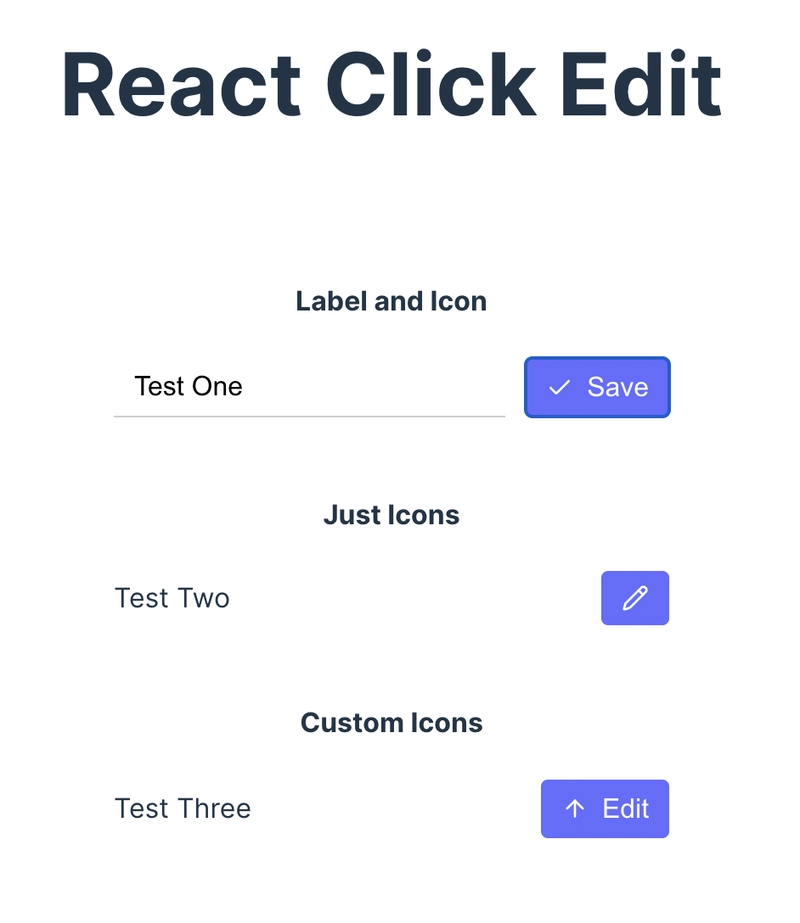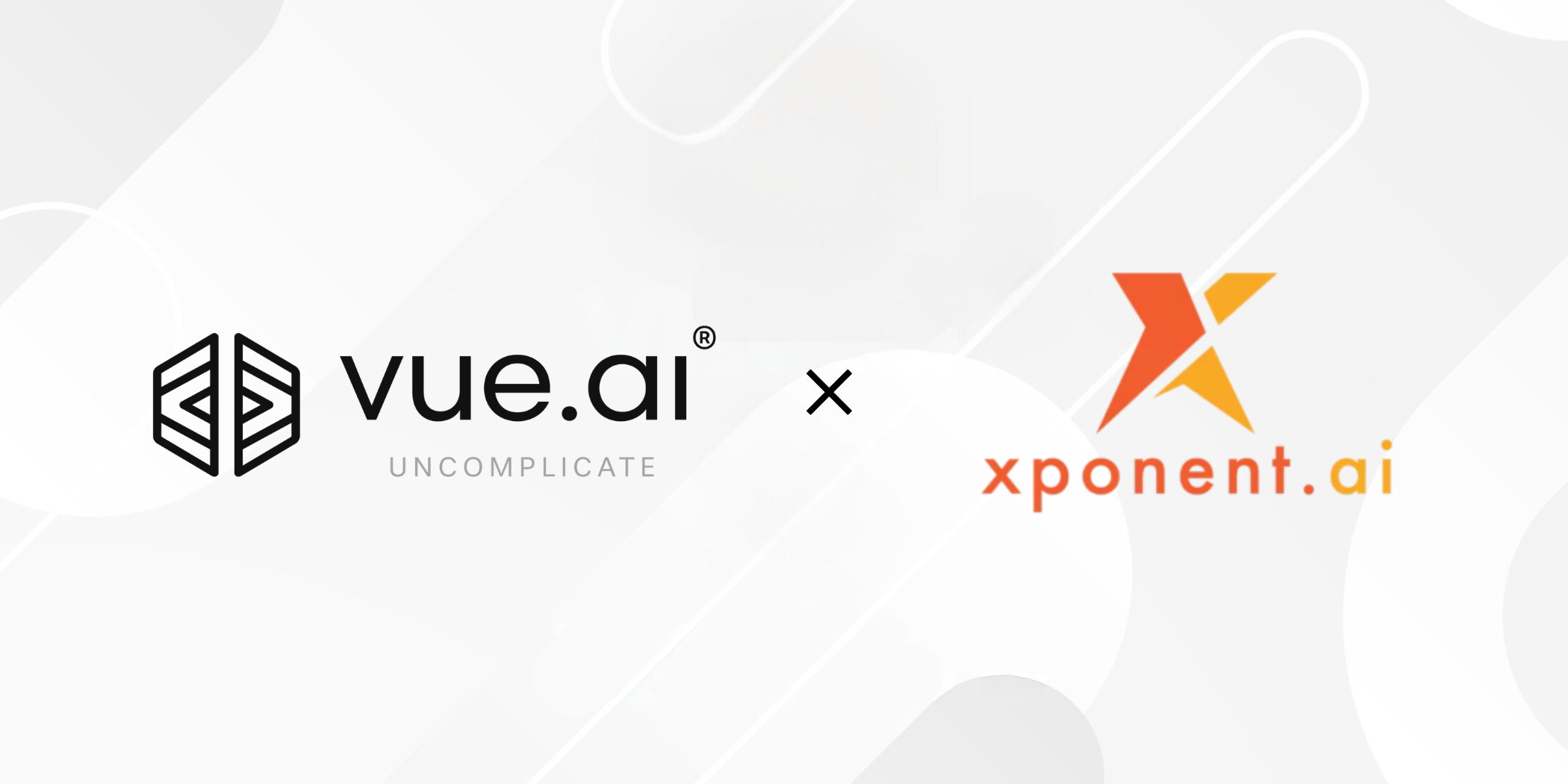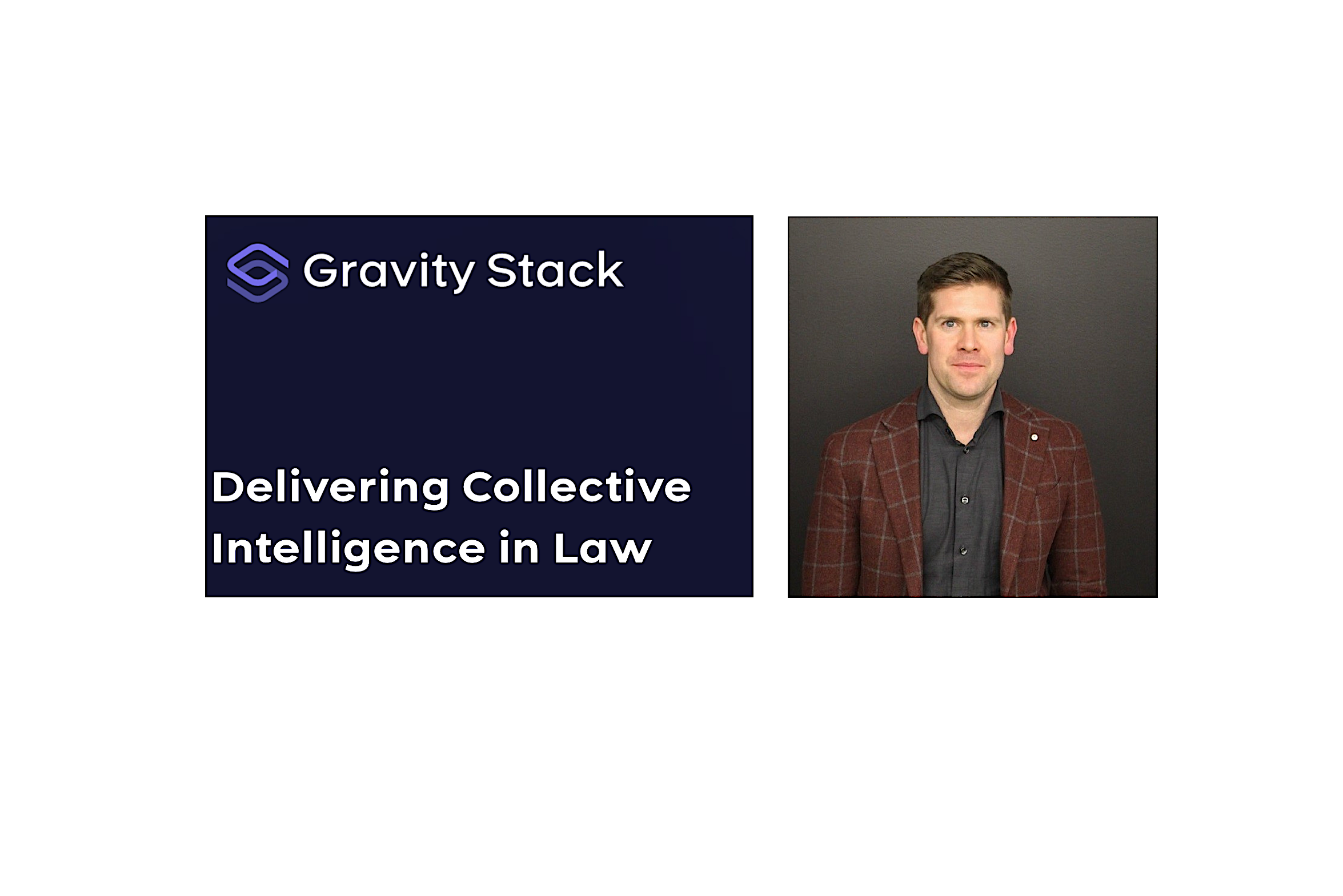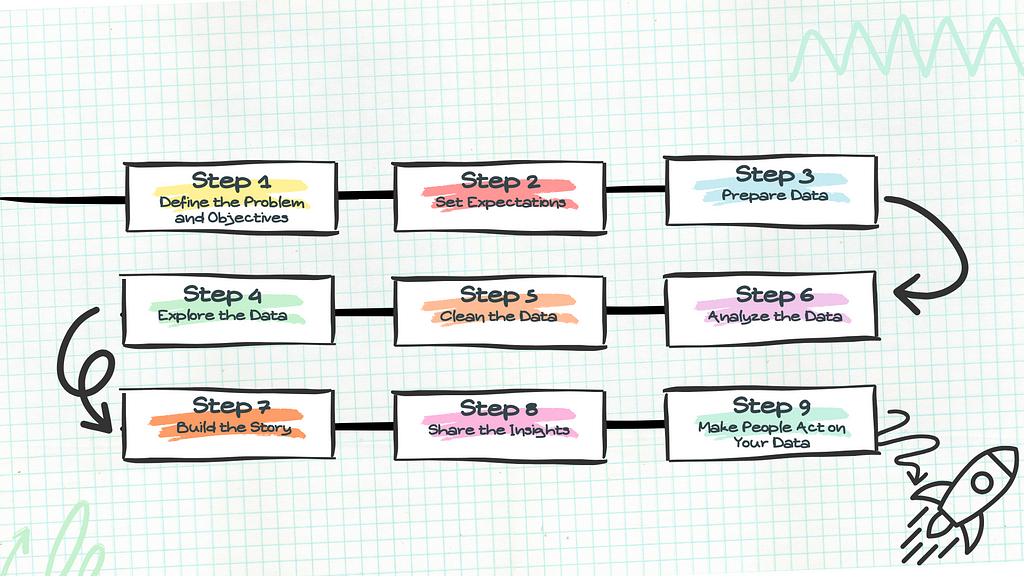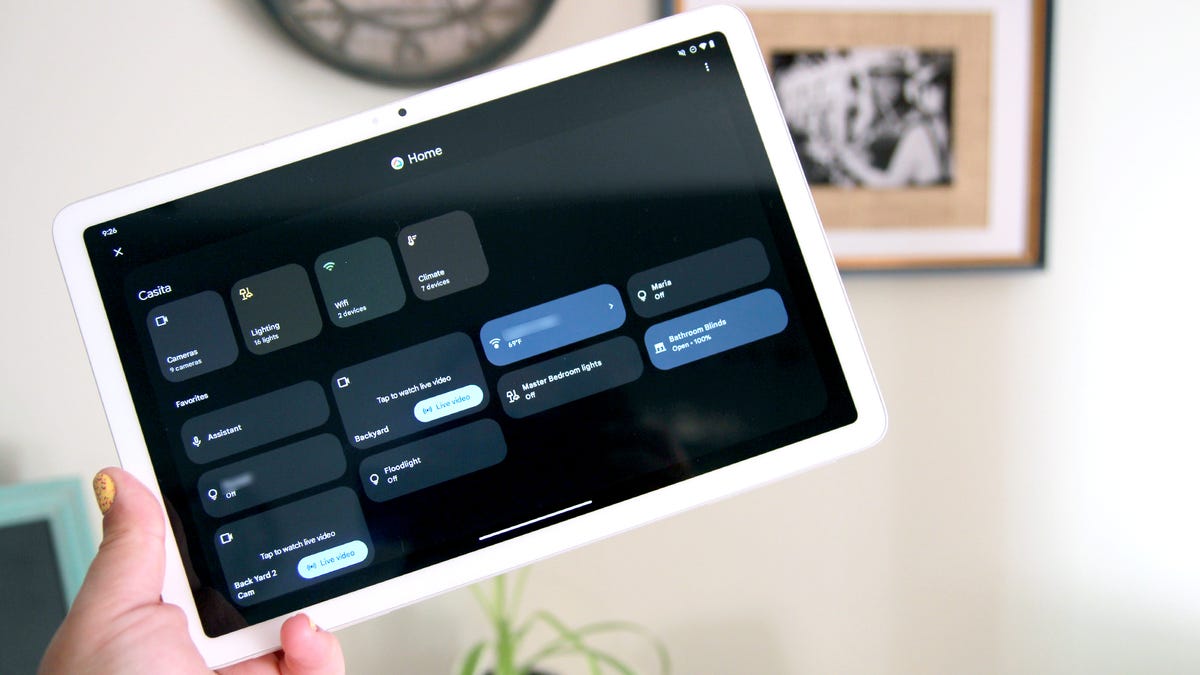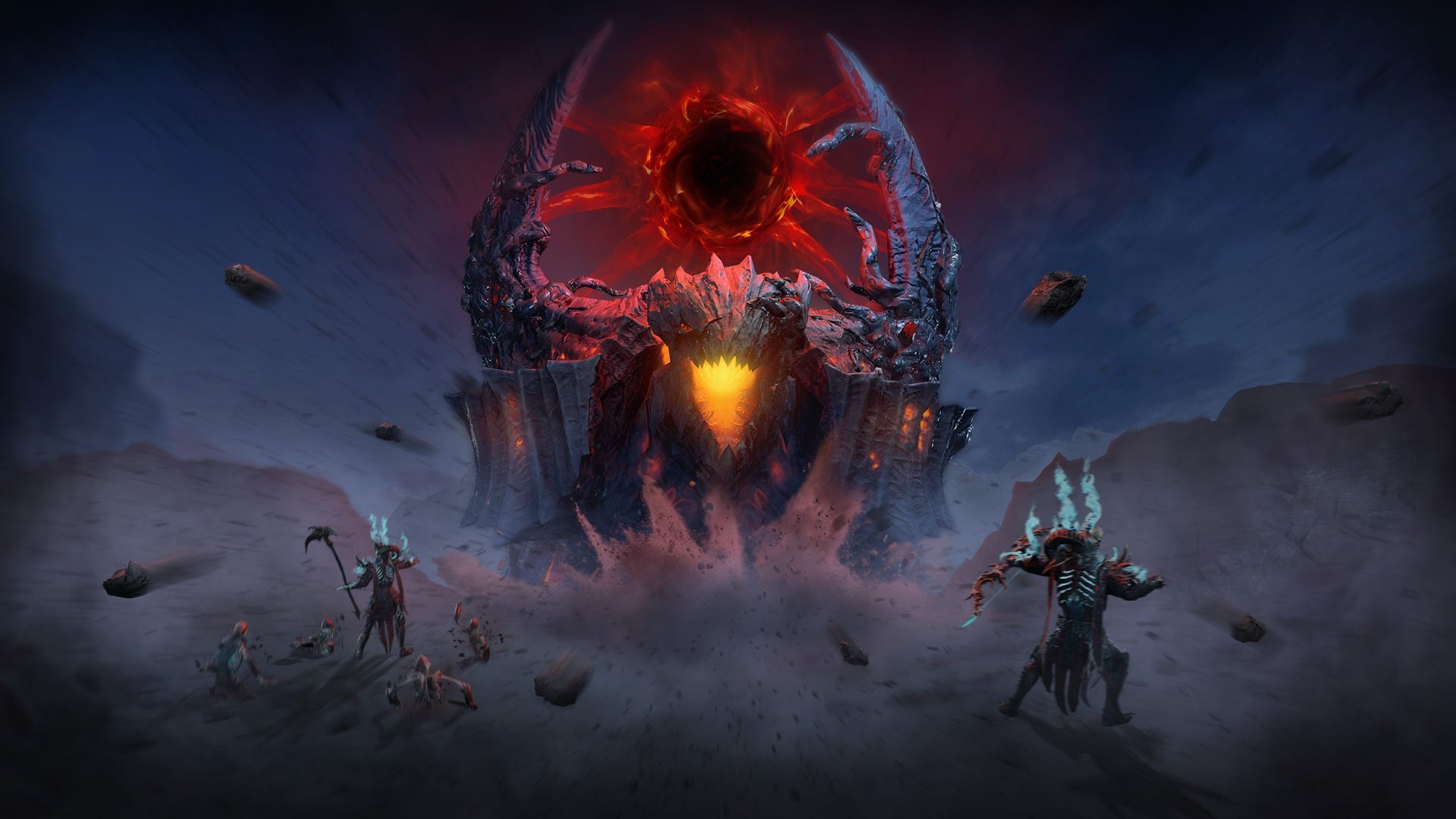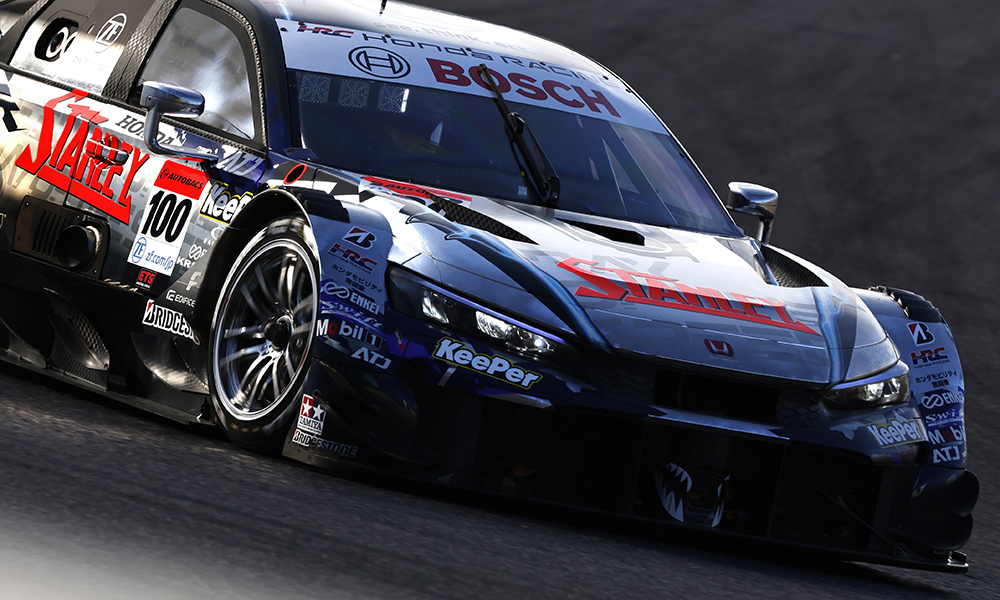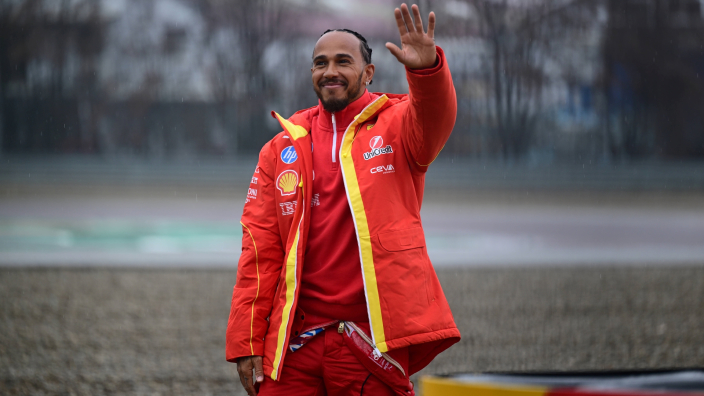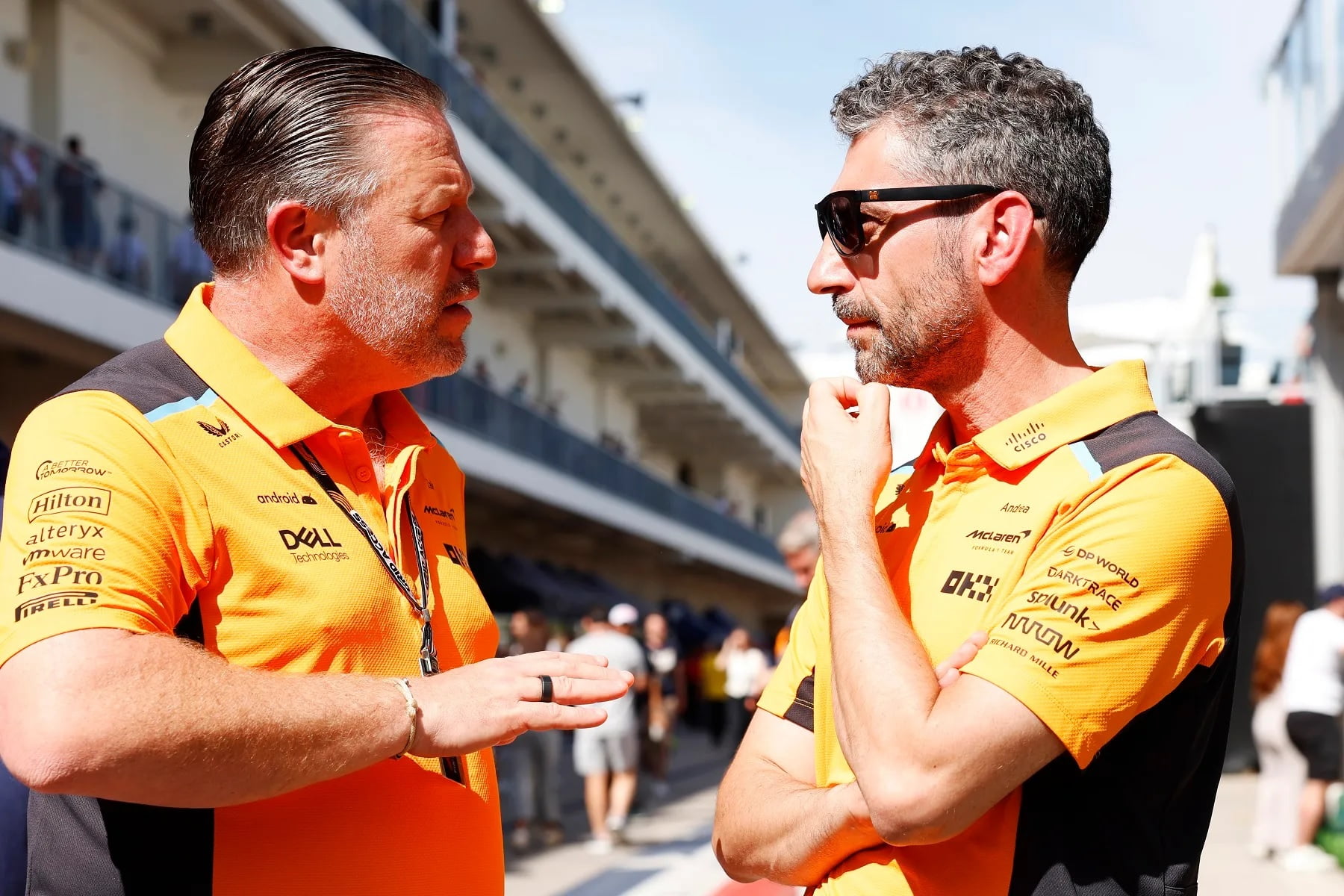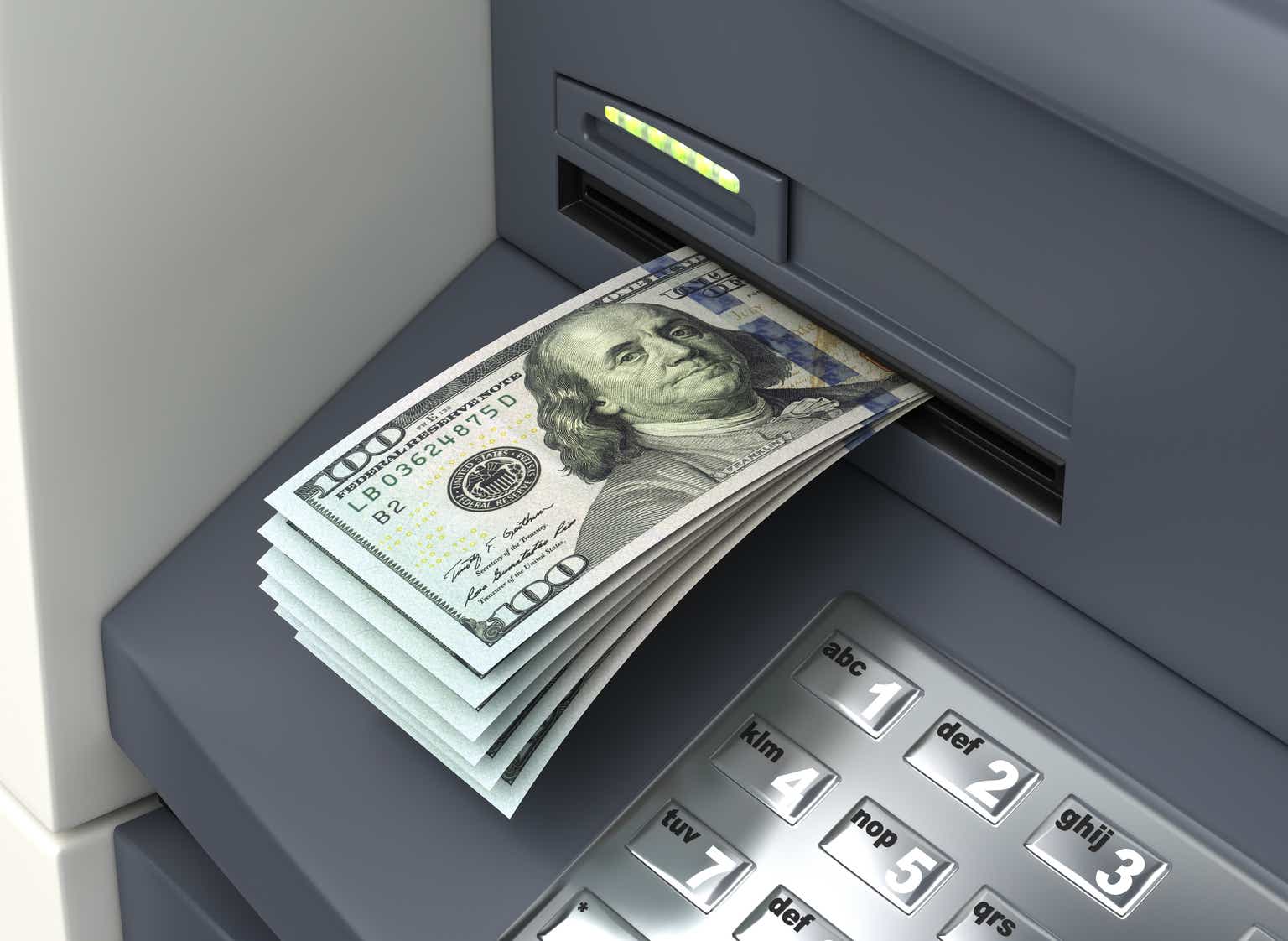Targeted subsidy for petrol, diesel hoped to lead more Malaysians to use renewable energy – Nik Nazmi
The Malaysian government hopes that its targeted fuel subsidy initiative will lead more Malaysians to look to renewable energy for their consumption, natural resources and environmental sustainability minister Nik Nazmi Nik Ahmad said, reported FMT. […] The post Targeted subsidy for petrol, diesel hoped to lead more Malaysians to use renewable energy – Nik Nazmi appeared first on Paul Tan's Automotive News.

The Malaysian government hopes that its targeted fuel subsidy initiative will lead more Malaysians to look to renewable energy for their consumption, natural resources and environmental sustainability minister Nik Nazmi Nik Ahmad said, reported FMT.
The public would rely on petrol and diesel fuels prior to the implementation of targeted subsidies because fuels are cheap, and the reliance on fossil fuels is something the government wants to reduce with the help of renewable energy options which “are more attractive”, the minister said to FMT.
The minister said he hopes that the removal of subsidies for RON 97 petrol and diesel would encourage the more affluent among Malaysians to purchase electric vehicles as a way to manage the cost of higher fuel prices. Getting Malaysians to opt for renewable energy and switch to EVs will help with the country’s decarbonisation journey, he said.
“By purely not subsidising fossil fuels any more, we can see the transition happening. I think that’s the easiest thing,” Nik Nazmi said. FMT cited a recent global study that found renewable energy now costs less than fossil fuels in the Asia-Pacific region, and solar energy is the least expensive source of power in the region, while fossil fuels will continue to become more expensive.
The targeted subsidy initiative was not an easy decision to make in view of political repercussions, said Nik Nazmi, who chairs the national decarbonisation committee. The targeted subsidies initiative for RON 95 petrol set to take effect later this year presents “a whole different ballgame”, and understands that the subject is a sensitive issue, he said.
Citing excerpts from his book as an example, Nik Nazmi said the backlash faced by London mayor Sadiq Khan following his expansion of the ultra-low emission zone (ULEZ) policy in the British capital indicated that the Malaysian government has to handle the targeted fuel subsidy initiative well to avoid political backlash.
“I might lose my job, and, I mean, the government might just lose power, and then the next government might say it’s not worth doing it,” Nik Nazmi said. “It’s good for the country’s treasury. It’s good for the environment and I think it’s the right transition that we want to pursue,” he continued.
Last week, economy minister Rafizi Ramli said that the subsidy eligibility criteria and the mechanism should be announced in a few weeks’ time. This is set to transition the eligibity criteria from the present income demographics – as marked by the B40, M40 and T20 segments – to net disposable income, Rafizi said.
At the tabling of Budget 2025 last October, prime minister Datuk Seri Anwar Ibrahim – who is also finance minister – announced that the targeted RON 95 subsidy would see the top 15% of earners (T15) pay more for petrol, and that 85% of the Malaysian population would continue to receive the fuel subsidy. The prime minister has since walked back on his T15 definition, saying that neither the income cut off point nor the percentage itself is final.
The post Targeted subsidy for petrol, diesel hoped to lead more Malaysians to use renewable energy – Nik Nazmi appeared first on Paul Tan's Automotive News.
What's Your Reaction?










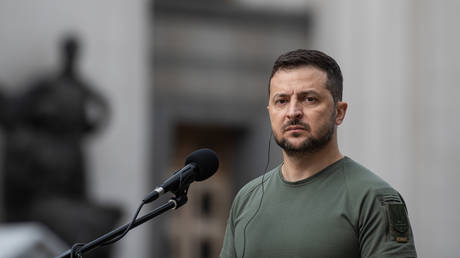





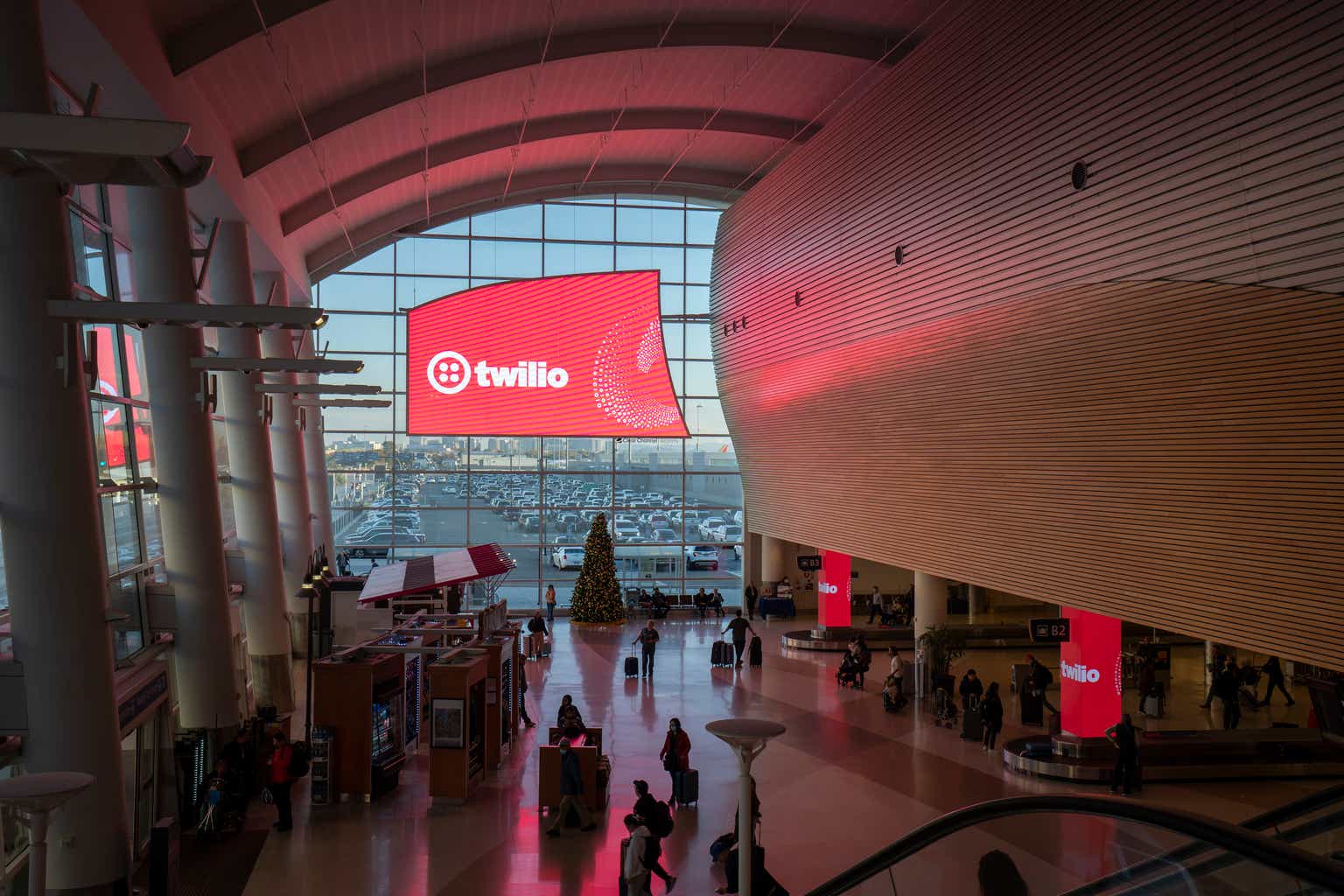
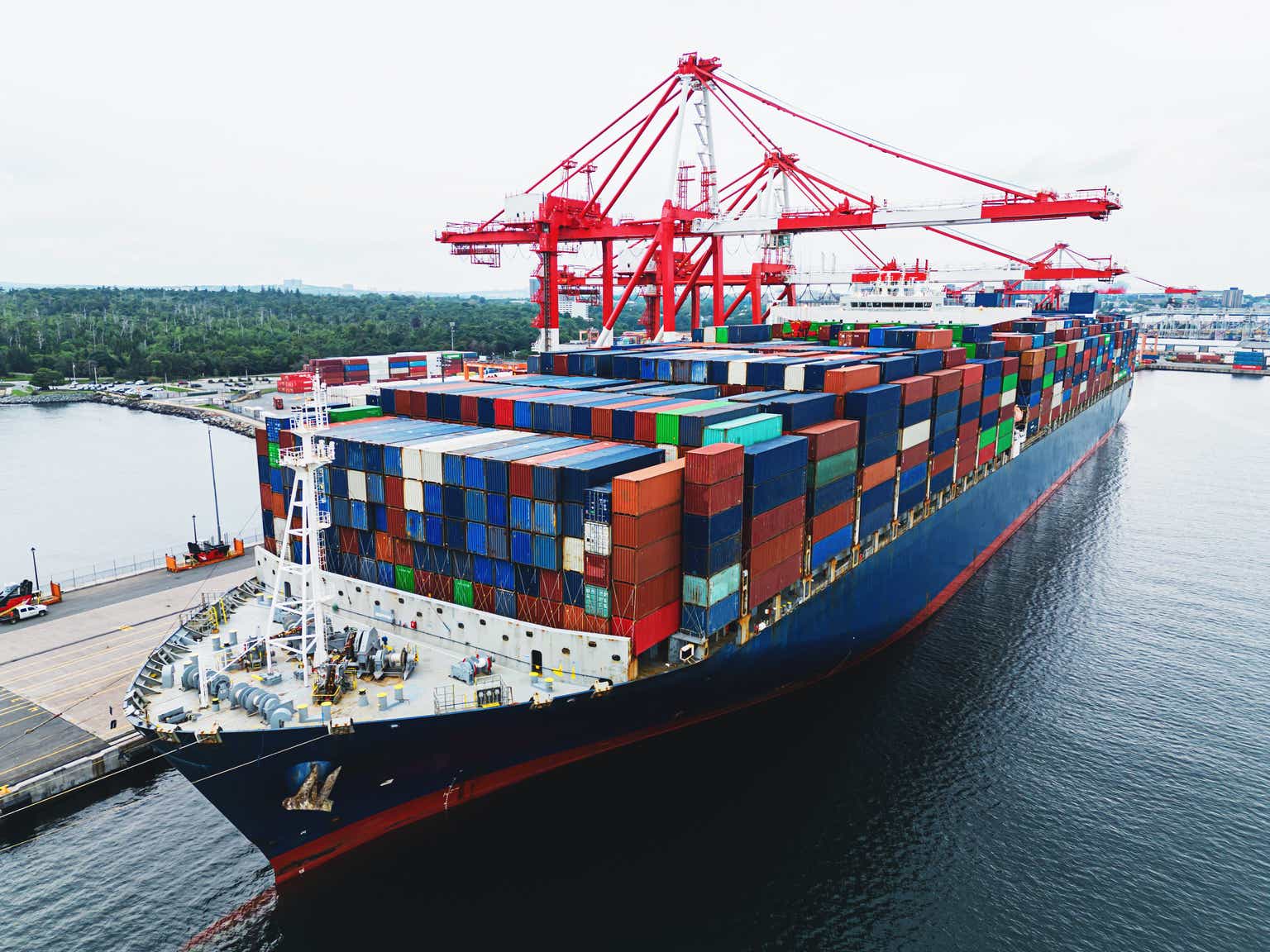
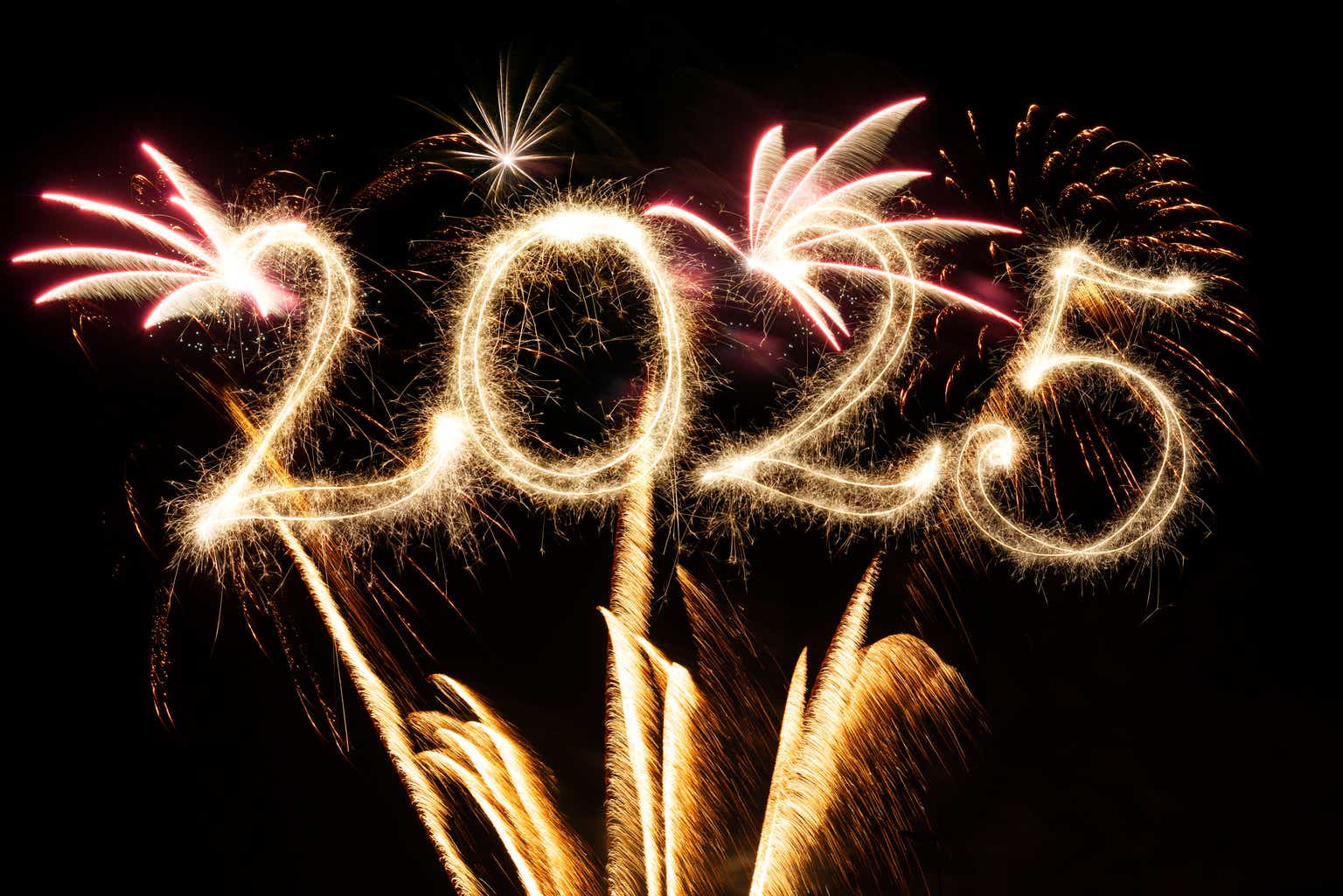
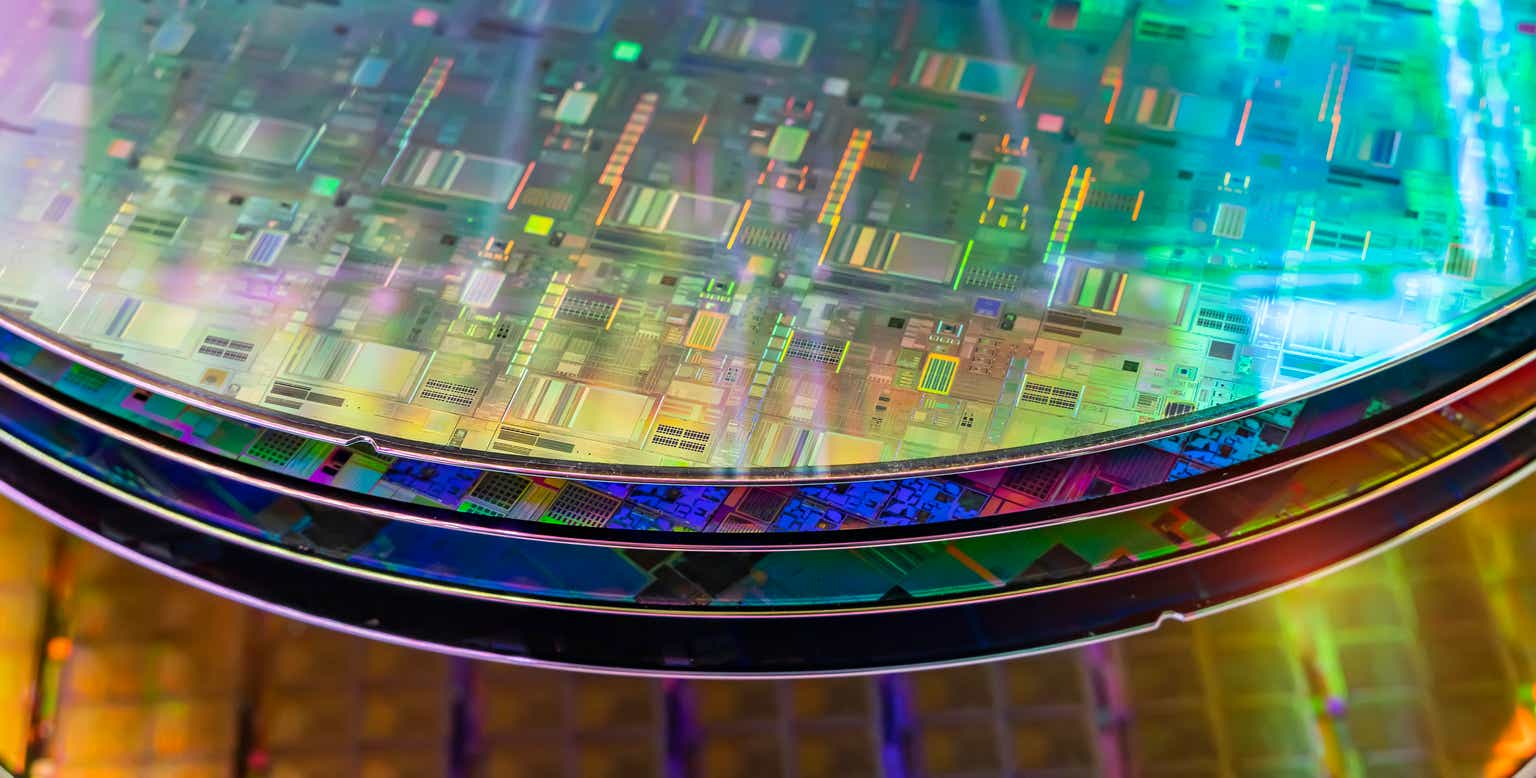
![[DEALS] The Ultimate Microsoft Excel Certification Training Bundle (37% off) & Other Deals Up To 98% Off – Offers End Soon!](https://www.javacodegeeks.com/wp-content/uploads/2012/12/jcg-logo.jpg)


